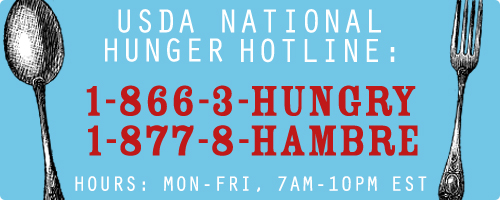Eliminating Protections Will Keep People Ensnared in Payday Debt Trap
Columbia, SC — Yesterday, the Consumer Financial Protection Bureau (CFPB) moved to gut the agency’s own consumer protections against predatory lenders, leaving South Carolina families exposed to the harms of payday and car-title lending. South Carolina Appleseed strongly opposes this action and urges that the CFPB’s 2017 rule on payday and car-title lending take effect as soon as possible. Further, we call on South Carolina lawmakers to pass an interest rate cap of 36% or lower, which has effectively protected residents of sixteen other states and military service members from the payday debt trap.
“The decision by the CFPB to repeal this rule is a gift to predatory lenders who use their poisonous business model to lock borrowers in the debt trap by turning struggling families into repeat customers, drowning in debt. Despite claims that the loans are a service to the community, studies have clearly shown that payday borrowers are more likely to experience delinquencies on other bills, involuntarily closed bank accounts, delayed medical care, and bankruptcy. The Consumer Bureau’s protections are a necessary first step toward saving families from this financial free fall and must be protected and enacted,” said Sue Berkowitz of South Carolina Appleseed Legal Justice Center. “Furthermore, to ensure South Carolina families are protected from these predatory lenders, the Consumer Bureau should finish its rule on long-term loans, South Carolina must enact and vigilantly defend an interest rate cap of 36% or lower on all loans, and Congress also should enact a strong interest rate cap. While the Consumer Bureau’s rule would protect consumers from some of the most abusive behavior by predatory lenders, these additional steps would protect South Carolina families once and for all—before they fall victim to these practices that betray the public’s trust.”
Additional background:
Payday and car-title lending costs South Carolina families $245,108,629 per year in abusive fees. The loans drive borrowers into financial distress by trapping them in long-term debt at triple-digit interest rates. Nationally, three quarters of all payday loan fees are from borrowers with more than ten loans in the course of a year. However, 16 states plus D.C. effectively protect against the harms of payday lending by capping the rate.
The 2017 CFPB rule was built on more than 5 years of research, data collection, field hearings, and nearly a million public comments. The new proposal – which was generated without any additional evidence – would gut tools that consumers, the CFPB, and state Attorneys General need to combat predatory lending.
At the heart of the Consumer Bureau rule is the common sense principle that lenders check a borrower’s ability to repay before lending money – something supported by more than 79% of Republicans, Independents, and Democrats. The CFPB’s new proposal strips this necessary protection, leaving South Carolina families at risk.
Too often vulnerable South Carolina families are victimized by these practices when they are already reeling from circumstances completely beyond their control. For the Jacksons—a couple from the Midlands—an unexpected knee surgery left them struggling to make ends meet with only one income. A small payday loan of $500 promised to be an affordable solution to their short-term need. However, after paying over $1,200 in finance charges, they found themselves still struggling to pay off the original loan, despite making monthly payments of $300. This type of dishonest and usurious practice illustrates why the CFPB rule is needed to protect South Carolina families now.
A two-page summary of the original CFPB payday rule can be found here: http://stopthedebttrap.org/wp-content/uploads/2019/02/stdt-summary_cfpb_2017_payday_rule.pdf
***

For forty years, South Carolina Appleseed Legal Justice Center has been a forceful and respected advocate for low income South Carolinians on issues such as housing, education, hunger, public benefits, domestic violence, immigration, health care and consumer issues.

